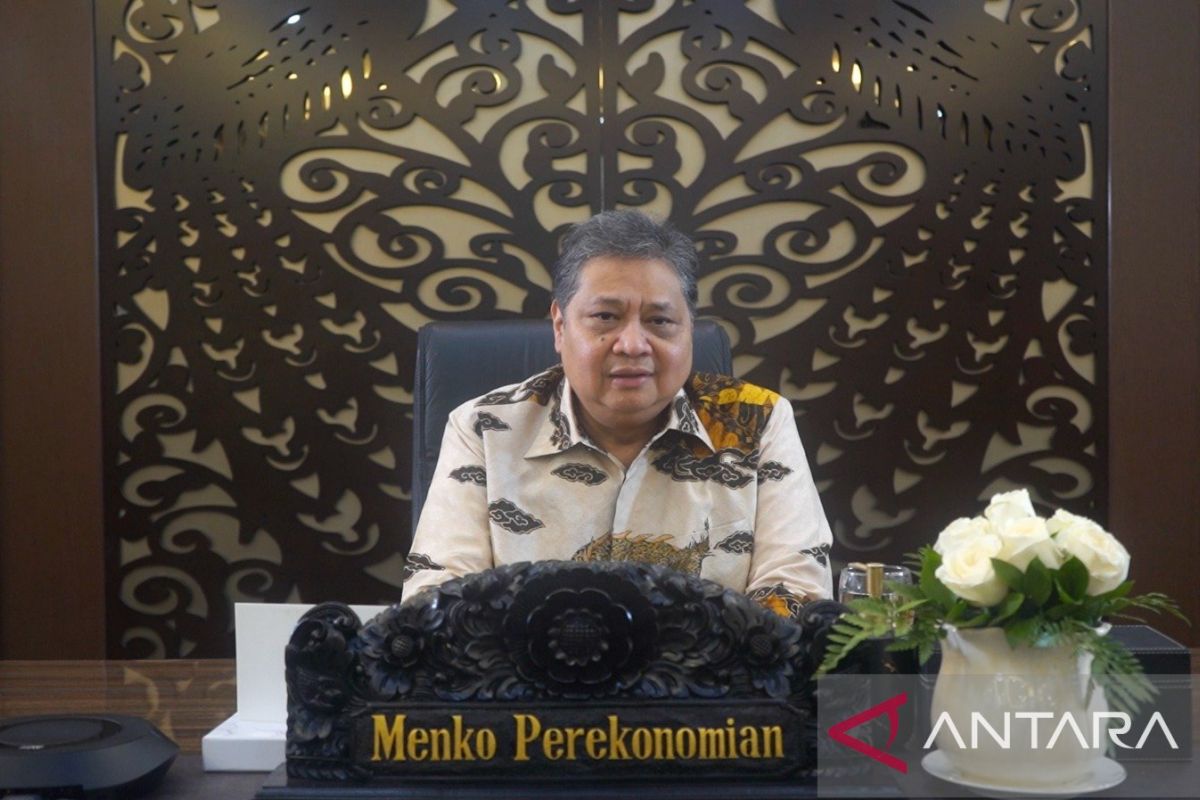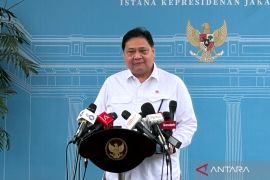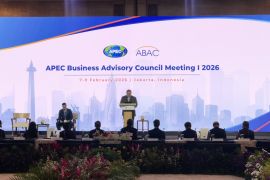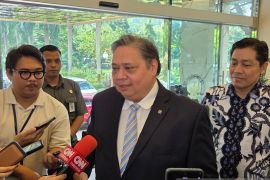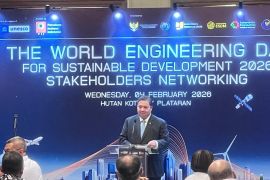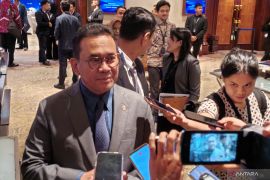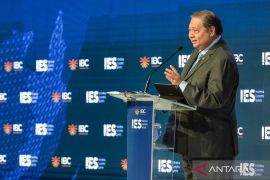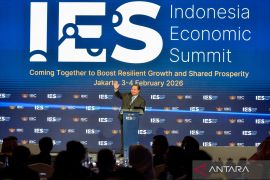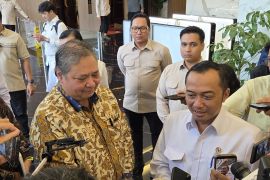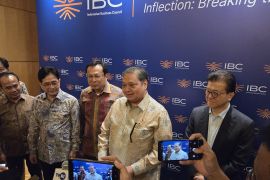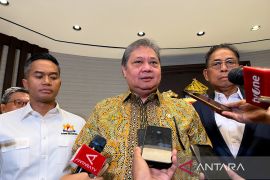This is deemed necessary considering that Indonesia is currently at a crucial juncture to prepare to meet various prerequisites to realize the 2045 Golden Indonesia vision.
"Structural reforms are key to the success of a sustained economic transformation," he stated here on Thursday.
Implementing economic transformation and optimizing its potential become the basis for achieving the vision.
Hartarto explained that through the Draft National Long-Term Development Plan (RPJPN) 2025-2045, for which the law is currently being drafted, the government has designed the stages of economic transformation.
Each of these stages has a target for economic growth achievement, a target for the role of the manufacturing industry in the Gross Domestic Product (GDP), and a target for the proportion of the middle class.
Apart from strengthening economic transformation, policy strategies are also being implemented to encourage the optimization of various potentials, one of which is targeting the aspects of human resources.
With the aim of increasing competitiveness and quality of human resources, the improvement of workers' productivity has been carried out through transformation in the education and manpower sectors.
Related news: 2024 budget draft designed to expedite economic transformation: Widodo
Related news: HR quality improvement is main factor in economic transformation
Improving regulations and procedures for ease of doing business is also a manifestation of the government's seriousness in carrying out structural reforms.
"Indonesia also has various (types of) capital to achieve the 2045 Golden Indonesia vision, namely human resources that are approaching the peak of the demographic dividend, which we can only obtain in the next 13 years and will only happen once in a nation's civilization," he remarked.
To this end, he assessed that the government and the community must not be passive. All elements of society must be active, so that a demographic dividend can be achieved.
Furthermore, various efforts regarding the utilization of natural resources have been made through export diversification and the downstreaming policy as an initial step toward industrialization.
The minister further noted that downstreaming had been started by building the ecosystems for electric vehicle batteries and electric vehicles and mineral downstreaming. The downstreaming policy that is synergized with the strategy to achieve a sustainable economy is also a policy design that will be implemented.
Moreover, at the international level, Indonesia is proposing to become a member of the Organization for Economic Cooperation and Development (OECD).
"The accession preparation process requires a number of regulatory frameworks and domestic standards that must meet OECD standards," Hartarto remarked.
Support from the quality of institutions and good governance is also deemed necessary for the implementation of those various policies. To this end, governance transformation is also a transformation aspect that the government is working on in the Draft RPJPN 2025-2045.
Related news: Indonesia needs transformation to become high-income country: Ministry
Translator: Bayu Saputra, Raka Adji
Editor: Yuni Arisandy Sinaga
Copyright © ANTARA 2023
